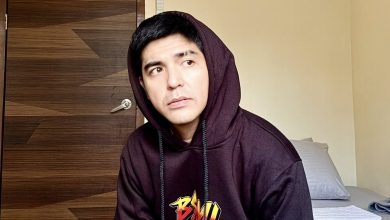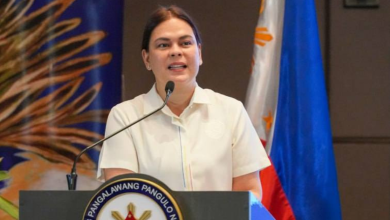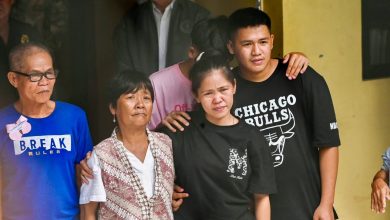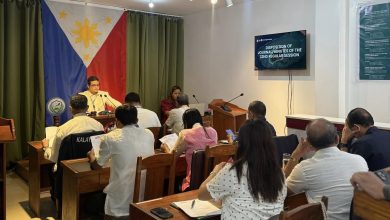The Supreme Court (SC) has dismissed the Presidential Commission on Good Government’s (PCGG) complaint against former president Ferdinand Marcos’ family and his cronies for allegedly plundering billions of pesos while in government service.
The decision, penned by SC Associate Justice Noel Tijam, cited the lack of documentary evidence.
With the decision, SC affirmed Sandiganbayan’s 2010 ruling that also dismissed the charges filed against the Marcoses.
“Juxtaposing the specific allegations in the complaint with the Republic’s documentary and testimonial evidence and as against the respondents’ documentary and testimonial evidence,” the ruling reads.
“The Court agrees with the Sandiganbayan that the weight of evidence fails to preponderate in the Republic’s favor.”
The 1987 PCGG complaint vs Marcoses
The complaint, which was filed in 1987, claimed that the Marcoses and their cronies acquired their wealth by engaging in “schemes, devices or stratagems.”
Among those accused were former first lady Imelda Marcos, former construction magnate Rodolfo Cuenca, his son Roberto Cuenca, former Philippine National Bank president Panfilo Domingo, former trade minister Roberto Ongpin, former Development Bank of the Philippines officer Don Ferry, and 11 others.
The complaint states that Cuenca connived with the Marcoses to establish the Construction and Development Corporation of the Philippines (CDCP) to secure projects from the Department of Public Works (now called the Department of Public Works and Highways) and in the process, obtained billions of pesos from the projects.
Aside from DPWH, CDCP was also able to secure several deals with the National Irrigation Administration, Philippine Associated Smelting and Refining Corporation, the Philippine Phosphate Fertilizer Corporation, and the Light Railway Transit Project.
The complaint also accused CDCP of violating banking laws through loans and financial assistance from government financial institutions without sufficient collateral.
Sandiganbayan’s 2010 decision
In August 2010, Sandiganbayan decided to junk the complaint for lack of evidence.
Sandiganbayan said the evidences presented by PCGG, including Marcos’ executive issuances, as well as court decisions and resolutions, are not enough to support the claim.
After the junking of the case, PCGG turned to SC to review the complaint.
The SC, however, also dismissed the case stating similar reasons as the Sandiganbayan.
In the decision, SC said the submitted evidences were mere photocopies of documents including reports, sworn statements, memoranda, board resolutions, letters of guarantee, deeds of undertaking, promissory notes, letters, and loan agreements.
SC explained that photocopied version of the documents are can only be used if original documents are proven to be unavailable.
SC noted that PCGG did not make an effort to recover the original documents.
“When the Sandiganbayan inquired as to whether the Republic will present the original or certified true copy of its documentary exhibits, the Republic answered that it will do so if necessary, as the originals are kept in the Central Bank vault. Despite knowledge of the existence and whereabouts of the documents’ originals, the Republic failed to present the same and contented itself with the presentation of mere photocopies,” it added.




